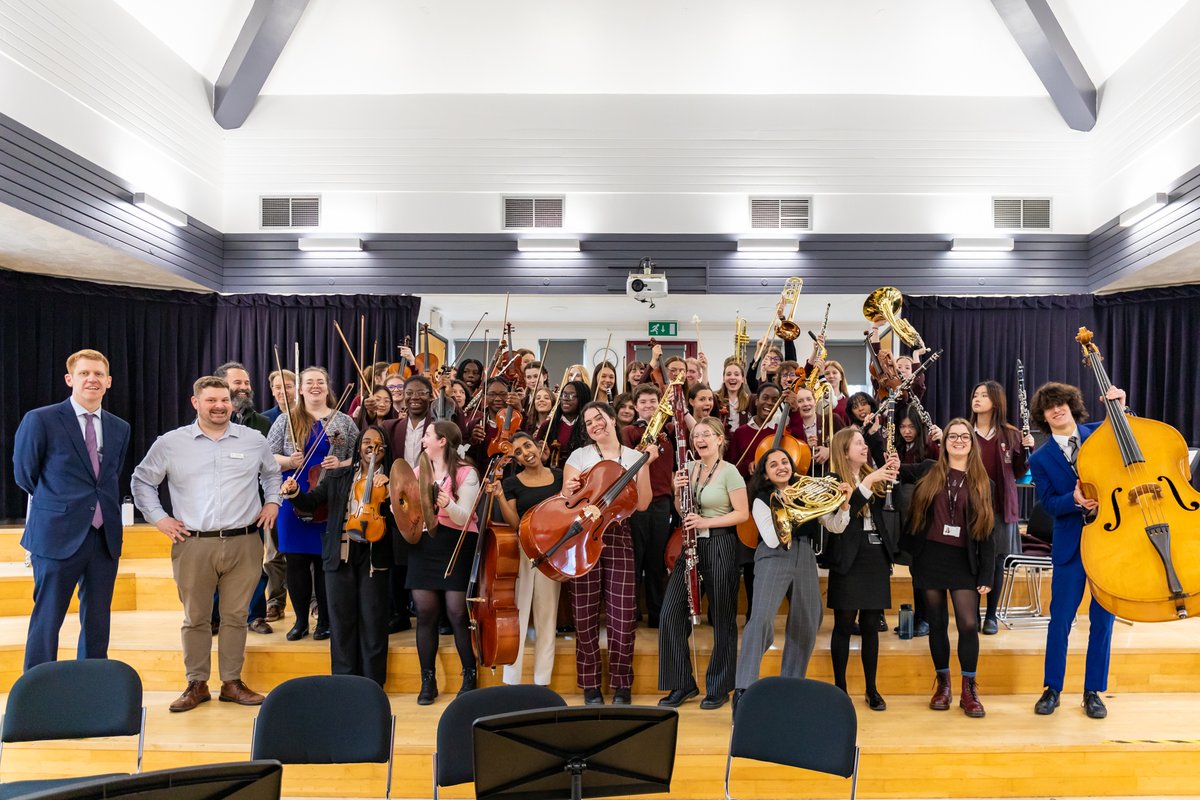Latest News
Women in Leadership
Name: Claire Daniels
Role: Director of Operational Tax
Company: Barclays
A bit about yourself: As I’m sure most sixth form students would relate to, at seventeen I found it hard to map out a definite career but I knew academically where my strengths were. I loved Maths and my name should be on one of the school’s antique trophies! I chose a vocational degree that would give a strong foundation for other career paths, studying Mechanical Engineering at Nottingham under a four year Masters degree that included roughly a quarter of Business and Finance. In my penultimate year I took an accountancy internship with Ernst & Young and was offered a graduate training contract where I went on and gained my Chartered Accountancy qualification. A year post qualified and working in Mergers and Acquisitions I decided the intensity and hours where not for me and so looked for a role change which is when I moved to Barclays.
I have worked across a number of roles in our Group Finance function in London and Dubai and am now the Head of UK Operational Taxes at Barclays in London, leading business tax advisory support. I primarily focus on helping Barclays play its role under global frameworks of tax legislation, seeking to combat tax evasion by sharing bank account information and identifying undeclared income or assets.
What is it like working at your company? So much opportunity - I think the fact I’ve just passed my 17th anniversary really demonstrates how you can carve a career with new and different challenges within such a large organisation. I now work two days in Canary Wharf and two days from home, “hybrid” post covid, and I have worked part time after I had my children. I really value that Barclays as an employer are really committed to creating an environment for people to succeed - enable flexible working. Barclays have prioritised making the workplace inclusive and they support well-being – I have seen this first hand.
Why did you decide to go into your chosen field? I explored what I could do that played to my skill set and simply followed my strengths.
What qualifications and work experience did you need to reach your current position? I have followed a traditional path as it would have been – degree, accountancy qualification. Using that as an initial platform I have built experience by moving roles every two years to build experience and expertise. There are so many different routes now, I wonder if I would have taken an apprenticeship after A-levels as there are some amazing schemes offered now. Being a self-starter, asking questions, using your own initiative and taking responsibility is the bigger differentiator than any formal qualification when I look at candidates for jobs, or those that have moved successfully up with promotions.
What do you enjoy most about your job? I support all of the banking businesses that Barclays operate which means it is an incredibly diverse set of problems that can only be solved collaboratively as teams across different areas. I have built some amazing working relationships, and friendships, and on a daily basis I get to work and interact with such a wide range of people – that is what I like the most.
What obstacles have you overcome in your career? Many! Moving to and working in Dubai was culturally a big lesson, within Barclays as well as moving outside the UK. I was on the phone intears a few times wondering if I had done the right thing but I look back know and realise that the greater the challenge you more you learn and grow. I have always had a strong support network both within work and outside - finding mentors sounds cliché but the right ones can become invaluable in your career path.
Why do you think it is important to have a strong female representation in your industry? Banking is changing. I have seen the impact of generations passing through the organisation and stronger female representation in the culture and ways of working. So, while the challenges of a male-dominated profession are evolving, I believe there is an actually an opportunity in the way that the world has changed post-Covid. I think it has levelled expectations, normalised flexible working, technology enables hybrid working and fundamentally has helped to break down barriers around parental, or other personal, responsibilities. I hope that others don’t face the same practical challenges and personal pressures of having a young family and moving into leadership roles that I had ten years ago.
What advice would you give those wanting to take a similar career path? For any career path really, I think it is important to back yourself – develop your strengths in the things that you are good at and especially your individual personal qualities because it will pay off. Don’t doubt yourself and don’t be afraid to put your hand up and take opportunities. So often we limit ourselves through our own perceived barriers or weaknesses, and don’t see the power of our strengths as they are seen by others.




























